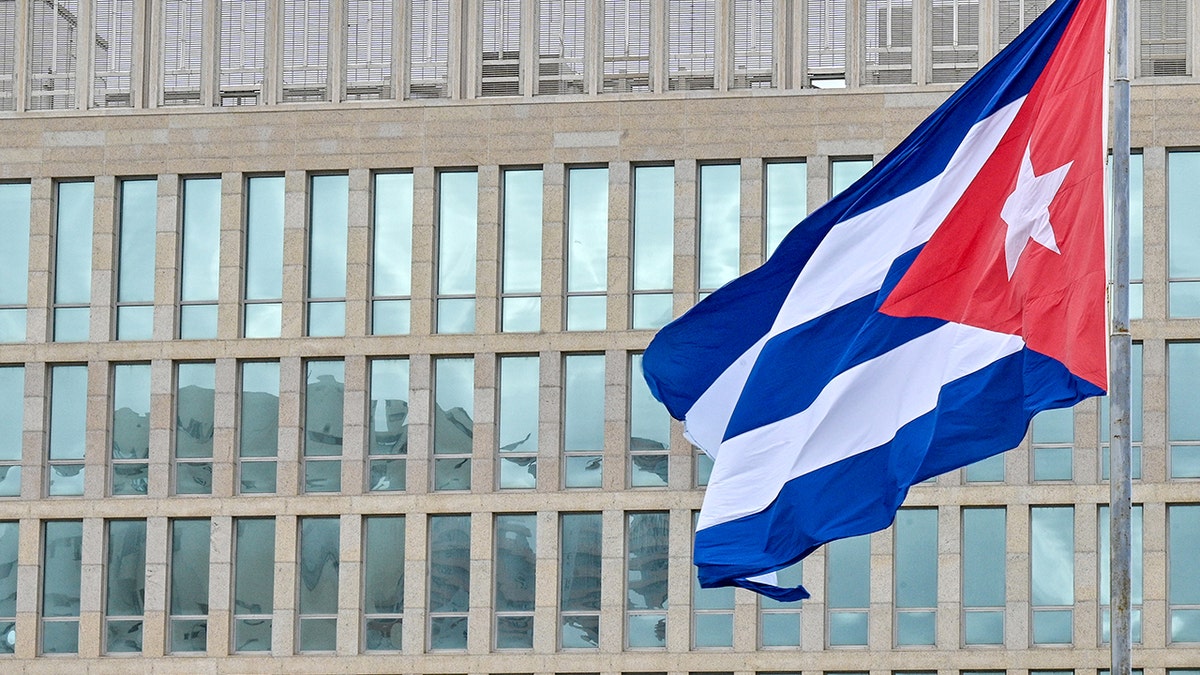The Biden administration's decision to delist Cuba as a state sponsor of terrorism has ignited a firestorm of debate, drawing criticism from both Democrats and Republicans. The move, announced by White House press secretary Karine Jean-Pierre, is part of a broader effort to support the Cuban people and improve their living conditions, facilitated by an agreement with the Catholic Church and Pope Francis. This includes a six-month waiver for Title III of the Helms-Burton Act (Libertad Act), the rescission of the 2017 National Security Presidential Memorandum 5 on Cuba policy, and the anticipated release of numerous political prisoners by the Cuban government.

This decision reverses a Trump-era designation imposed shortly before he left office in 2021. The move has deeply divided Democrats. Florida Democratic Party Chair Nikki Fried expressed strong disapproval, urging an immediate reversal. Rep. Ritchie Torres (D-NY) echoed these concerns, questioning the administration's rationale for alienating Cuban Americans. Rep. Cathy Castor (D-FL) also voiced disagreement, emphasizing the need for an end to the Cuban regime's repression before lifting sanctions.

Republican criticism has been particularly sharp, with Rep. Carlos Gimenez (R-FL) labeling the decision "pathetic and cowardly" and Rep. María Elvira Salazar (R-FL) accusing the administration of betraying Cubans and highlighting Cuba's alleged support for terrorist organizations. Florida Governor Ron DeSantis also condemned the move. However, some Democrats, such as Rep. Ilhan Omar (D-MN), welcomed the decision as a step towards normalizing relations with Cuba.

Comments(0)
Top Comments